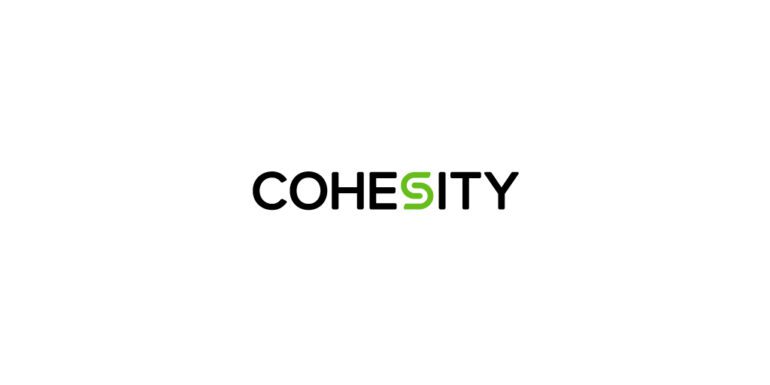- Cohesity launches Gaia, a Gen AI chatbot for conversational searches within backup data.
- Gaia leverages retrieval augmented generation (RAG) to integrate backup data into the Cohesity Data Cloud.
- Features include RAG AI conversational search experiences, fully indexed databases, and granular access controls.
- Gaia enables organizations to assess cyber resilience, conduct audits, address legal inquiries, and serve as a knowledge base.
- Collaboration with Azure, AWS, and Google to integrate LLM services.
- Rubrik’s Ruby Gen AI chatbot emphasizes the importance of GenAI solutions in the market.
- Gaia will be available to the public on March 15.
Main AI News:
Cohesity has revealed Gaia, an innovative Gen AI chatbot designed to facilitate conversational searches within a customer’s backup data. This breakthrough builds upon the foundation laid by the Turing AI/ML gateway initiative, leveraging AWS Bedrock to provide business context-aware responses. Cohesity asserts its position as a pioneer, introducing the industry’s inaugural Gen AI-powered conversational search assistant aimed at empowering enterprises to convert secondary data into actionable insights. The integration of retrieval augmented generation (RAG) incorporates a company’s backup data within the Cohesity Data Cloud, enhancing the capabilities of Gen AI’s Large Language Model (LLM) inputs.
Sanjay Poonen, CEO and President of Cohesity, emphasized the significance of this advancement, stating, “Enterprises seek to leverage generative AI’s potential but encounter challenges in accessing insights from secondary data, such as backup, archived, and vaulted data. Cohesity Gaia streamlines this process significantly, employing our patent-pending approach utilizing Retrieval Augmented Generation.”
This innovation eliminates the need for skilled data scientists to manually query data warehouses, enabling ordinary managers and employees to extract valuable insights from backup data. Poonen elaborated, “Our approach delivers rapid, insightful results without the drawbacks of more manual and risky approaches. In short, it turns data into knowledge within seconds and minutes.”
Key features of Gaia include:
- RAG AI conversational search experiences across cloud and hybrid environments.
- A fully indexed database encompassing all files, workloads, and historical data points, facilitating rapid conversational search and responses.
- Immediate access to indexed data without the requirement for backup reconstruction, transforming the Cohesity Data Cloud into a real-time data lake.
- Granular role-based access controls and zero-trust security principles to safeguard sensitive information and ensure compliance with regulatory standards.
Gaia empowers customers to:
- Assess an organization’s cyber resilience.
- Conduct financial and compliance audits.
- Address complex legal inquiries.
- Serve as a knowledge repository for employee training.
Furthermore, Cohesity has announced collaborations with leading public cloud providers Azure, AWS, and Google to integrate their LLM services with Gaia. Greg Statton, from Cohesity’s Office of the CTO, illustrated Gaia’s practical application, highlighting its ability to swiftly address cost-related queries and streamline decision-making processes.
Responding to Cohesity’s announcement, a spokesperson for Rubrik, which introduced its Ruby Gen AI chatbot in the previous year, emphasized the necessity of embracing GenAI solutions to remain competitive.
Gaia is set to be available to the public on March 15.
Conclusion:
Cohesity’s introduction of Gaia signifies a significant leap in leveraging generative AI for data insights. The incorporation of RAG technology and collaboration with major cloud providers underscores Cohesity’s commitment to providing innovative solutions for businesses. Gaia’s ability to democratize data access and streamline decision-making processes highlights the growing importance of AI-driven analytics in the market, setting a new standard for data management and accessibility.

